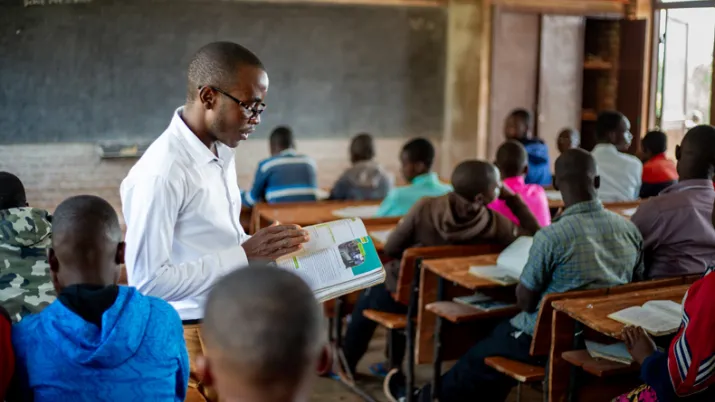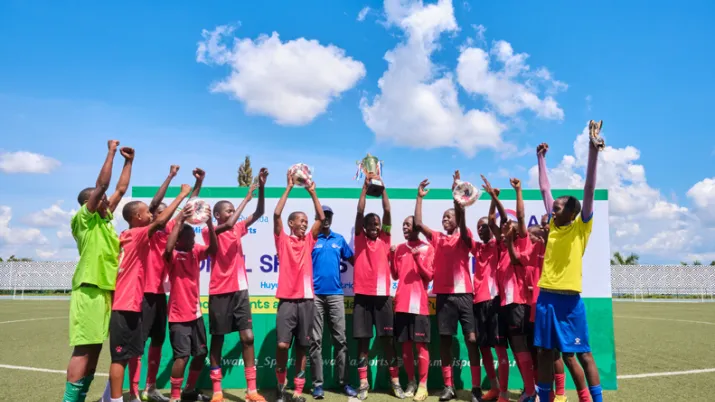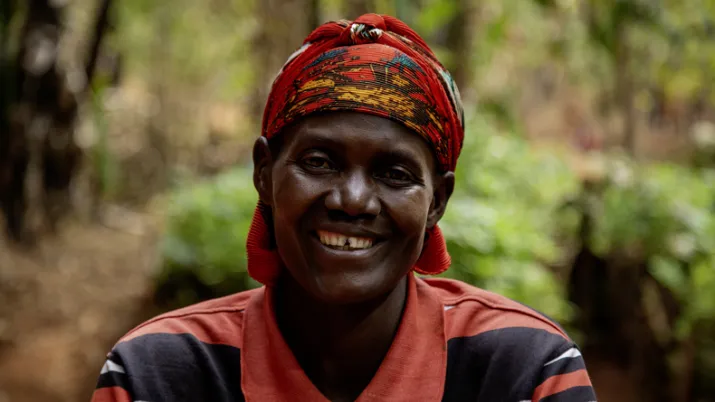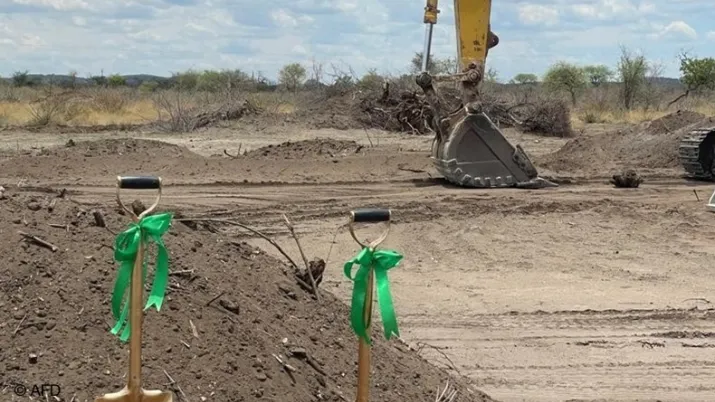Share the page
CIPASTI project - An academia partnership in industrial engineering
Project


-
Project start date
-
Status
Ongoing
-
Project end date
-
-
Project duration
-
4 years
-
AFD financing amount
-
€ 2 000 000
-
Country and region
-
Location
-
Kinshasa, DRC
-
Type of financing
-
Beneficiaries
-
Université Loyola du Congo (ULC) ;, Institut catholique des arts et métiers (Icam)
Train technicians and engineers in industrial engineering – this is the ambition of the CIPASTI project, which was selected for the second edition of the “Academia Partnerships Africa-France” programme. Led by the Université Loyola du Congo and the Institut catholique des arts et métiers, it aims to structure a job-oriented Bachelor’s/Licence, Master’s and PhD/Doctorate training programme.
Context
The Democratic Republic of the Congo (DRC) is Africa’s 4th most densely populated country. With its current demographic boom, the population is set to reach 150 million inhabitants in 2035, two-thirds of whom will be under 25 years old.
The DRC has launched a policy to develop its system of higher education provided by some 900 institutions and wishes to align its training courses on international standards.
Engineering training programmes are under-represented in the country even though the demand for technicians and executives is high and industrial jobs are on the rise.
Description
The CIPASTI project aims to structure a long-term strategic partnership for higher education training programmes provided by the Université Loyola du Congo (ULC): a quality, job-oriented training programme (Bachelor’s/Licence and Master’s degrees), attractive at national and international level. The ambition? Train technicians and engineers in the DRC’s key production sectors such as civil engineering, energy or the processing industries/agribusiness.
The project was selected for the second edition of the “Academia Partnerships Africa-France” programme (PeA). It is financed by the French Ministry for Europe and Foreign Affairs via the Agence française de développement (AFD). The PeA programme is implemented by the Agence nationale de la recherche (ANR – French National Research Agency) and Campus France with support from the French Ministry of Higher Education and Research.
Impacts
This project contributes to achieving the following Sustainable Development Goals (SDGs):
- Co-build quality, job-oriented training programmes on the African continent (SDG 4).
- Build resilient infrastructure, promote sustainable industrialisation that benefits all, and foster innovation (SDG 9).









